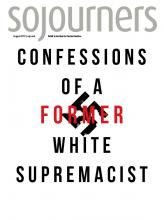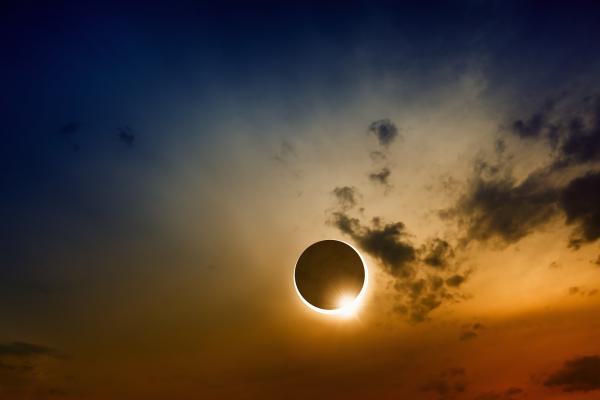THIS WON'T HAPPEN again until 2045. On Aug. 21, the thumb of God (with a little help from the moon) will smudge out the sun. A total solar eclipse will mark the brow of the United States with a Stygian darkness so deep that stars will unmask in midday. From Lincoln City, Ore., to Charleston, S.C., “flyover” America will go dark.
In Hebrew tradition, the darkening of the sun or reddening of the moon are markers of cataclysmic political events with spiritual consequences. In Greek, eclipse means “abandonment,” in Hebrew “defect.” God’s light is in a state of hiddenness.
Read the Full Article

Already a subscriber? Login
